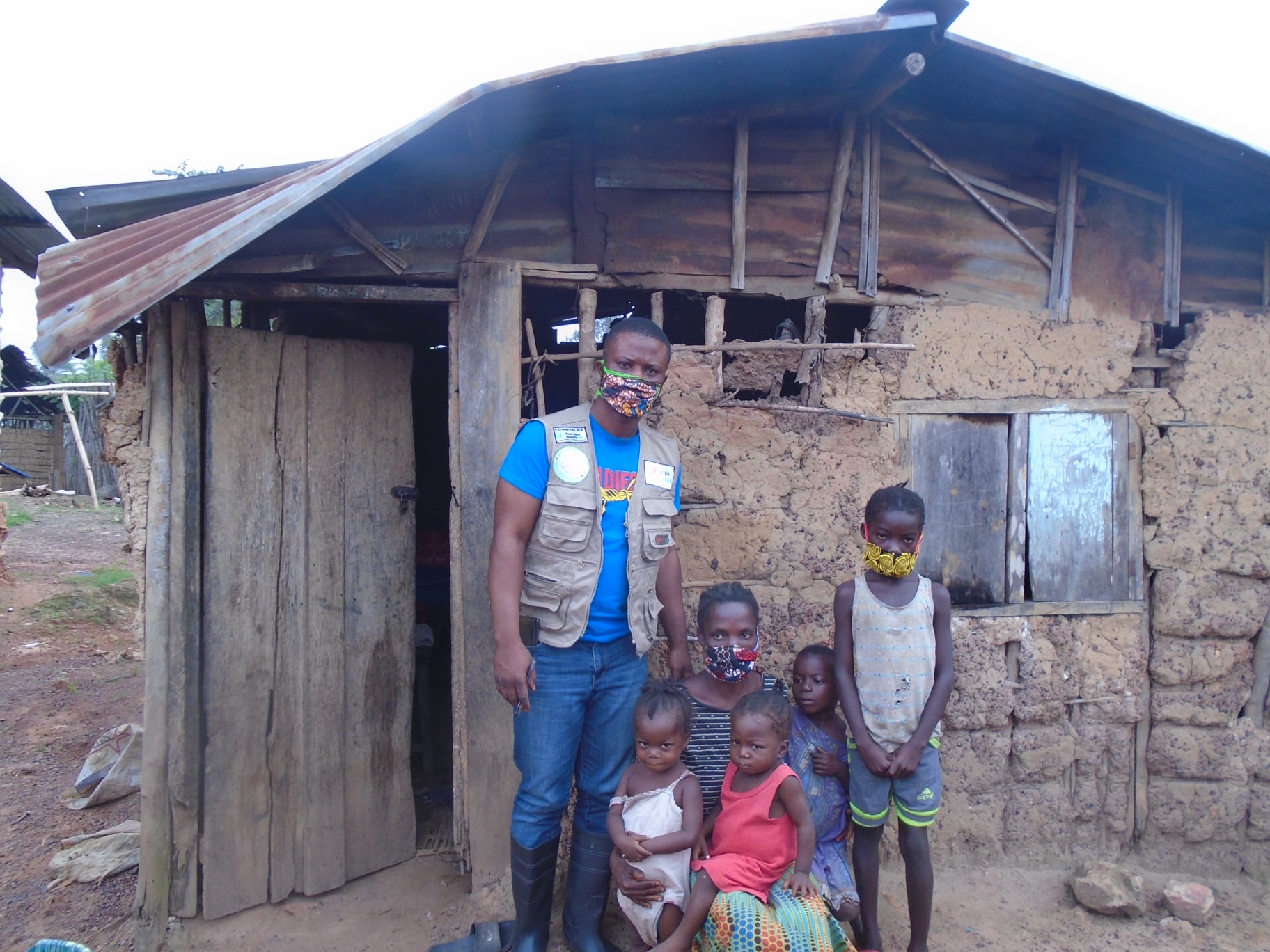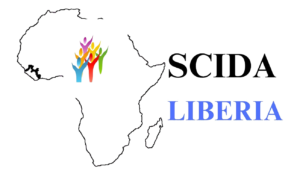August 2019 – September 2020: United States Agency for International Development (USAID) funded ($19,785) project
SCIDA implemented a United States Agency for International Development (USAID) funded ($19,785) project known as Local Empowerment for Government Inclusion and Transparency (LEGIT). The LEGIT project was aimed at enhancing Liberia’s decentralization process through the transparent and effective implementation of the Local Government Act (LGA), the County Service Charter (CSC), and the County Social Development Funds (CSDF) in Nimba County.
During the implementation of the project, SCIDA worked with local authorities in five administrative districts, including Buu-Yao, Twah River, Kparblee, Doe, and Gbi & Doru in Cluster 2, Nimba County to initiate community engagement and advocacy dialogues on the implementation of the Local Government Act (LGA), the County Service Charter (CSC) and Section 10 of the National Budget Law which focuses on the management and control of the County Social Development Funds (CSDF). The project Conducted 13 Community forums/town hall meetings, 17 radio talk shows, 10 formal mechanism/town hall meetings, and 3 focus group discussions. In addition, 60 civil society actors mobilized from 15 Community-Based Organizations (CBOs) received training in advocacy strategies and on the provisions of the LGA, the CSC, and the CSDF. At the end of the training, 5 District Coalition structures were established and each of the District Coalitions Structures’ advocacy action plans and a formal mechanism action plan were developed and reviewed monthly. The direct beneficiaries of the project were members of the District Development Council (DDCs), Rural Women Organizations, the District Youth Organizations, Community-Based Organizations, and Community-Based Radio Stations. In addition, the District Commissioners, Paramount Chiefs, Clan Chiefs, Zone Chiefs, Town Chiefs, and other influential community members benefited from the project. Paramount among our beneficiaries were women, youth, elders, and persons with disabilities.
Key objectives of the project were:
(i) To increase awareness and sensitization amongst communities regarding the implementation of the LGA and CSDF as well as proper information dissemination;
(ii) To build a coalition of local communities at district levels for informed advocacy on the implementation of the LGA and the CSDF; and
(iii) To strengthen the capacity of the coalition for sustainable advocacy on the transparent and effective implementation of the LGA and CSDF
In addition to the LEGIT project implementation in Nimba County, a Fellow-On activities were conducted in the context of the COVID-19 response. In response to the coronavirus disease outbreak in Liberia, a follow-on project known as “Increasing Citizen Knowledge on COVID-19” supported by USAID/LEGIT was implemented across Cluster -2, the five targeted districts in Nimba County.
The project aimed to increase citizen’s knowledge and skills on the risk and prevention strategies for COVID-19 as well as, enhance the capacity of the five established District Coalition structures to effectively work with their local government structures such as the District Health Team and District commissioners to ensure that approved public health education messages on COVID-19 are reaching all in Nimba County. SCIDA in collaboration with the District Coalition structures and the County Health Teams, conducted eleven (11) Community awareness and sensitization campaigns on COVID-19 risk and prevention strategies, three (3) radio talk shows, 2 formal mechanisms through stakeholders’ town hall meetings for rolling out District Coalition structures action plan on COVID-19. At the same time, 60 civil society actors’/district coalitions membership were trained on COVID-19 response strategies, and provided five (5) coaching, mentorship, and monitoring support to the established District Coalition structures and hygiene promotion and Behavior Change Communication (BCC) materials such as faucet buckets, powdered soap, chlorides, nose masks, and alcohol-based hands sanitizers were distributed in towns and villages across the five districts. In line with the project communication and visibility plan, the design of project communication tools was initiated and completed, including posters/flyers and PowerPoint presentations (PPT). SCIDA developed and printed IEC/BCC materials such as Posters/Flyers and banners which serve as a means of disseminating information for awareness purposes on COVID-19 risk and prevention strategies in clusters -2. These tools are also serving as a means of visibility of the project in the communities of Cluster -2, Nimba County.
Since the project ended in September 2020, SCIDA continues to remain engaged with the beneficiary communities and the District Coalition Structures through the provision of technical, capacity building, coaching, mentorship, and collaboration support through its Women Peace & Humanitarian Fund (WPHF) funded project. These continued engagements are intended to further strengthen the District Coalition structure’s capacities to work with their local government structures in developing friendly and sustainable information dissemination on the LGA, CSDF, CSC, and COVID-19 prevention and other community development intervention in their local communities.



 Copyright © 2024, All Rights Reserved. Designed by Asare Kesse
Copyright © 2024, All Rights Reserved. Designed by Asare Kesse